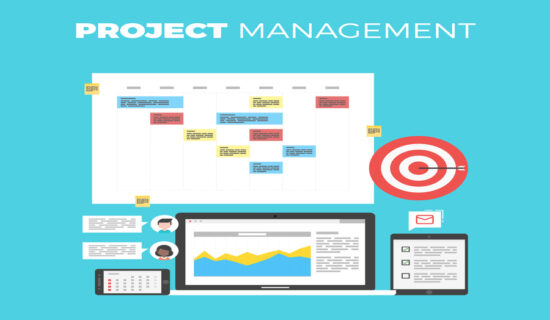
In today’s digital age, establishing an online presence is crucial for businesses of all sizes. Whether you’re a small startup or a well-established enterprise, having an eCommerce platform is essential for reaching customers worldwide and driving sales. However, with numerous eCommerce platforms available, selecting the right one can be daunting. In this blog, we’ll delve into the factors to consider when choosing the perfect eCommerce platform for your business needs.
Understanding Your Business Requirements
Before diving into the plethora of eCommerce platforms available, it’s imperative to assess your business requirements thoroughly. Consider factors such as:
- Product Type: Determine the nature of your products. Are you selling physical goods, digital products, or services?
- Scalability: Anticipate your business’s growth trajectory. Choose a platform that can scale alongside your business.
- Budget: Establish a budget for your eCommerce venture, including platform costs, development expenses, and ongoing maintenance.
- Customization Needs: Assess the level of customization required for your eCommerce store. Do you need extensive customization options or are you comfortable with pre-designed templates?
- Integration Capabilities: Evaluate the integration capabilities of the platform with other essential tools such as payment gateways, shipping providers, and marketing automation software.
Key Features to Look For
Once you’ve identified your business requirements, it’s time to explore the key features offered by eCommerce platforms:
- User-Friendly Interface: Opt for a platform with an intuitive user interface, making it easy for both merchants and customers to navigate.
- Mobile Responsiveness: In the era of smartphones, ensure the platform is mobile-responsive to provide a seamless shopping experience across devices.
- Payment Gateways: Look for support for multiple payment gateways to accommodate diverse customer preferences and ensure secure transactions.
- Inventory Management: Efficient inventory management features are essential for tracking stock levels, managing product variations, and automating reorder processes.
- SEO and Marketing Tools: Choose a platform equipped with built-in SEO tools and marketing features to optimize your store for search engines and drive traffic.
- Security: Prioritize platform security to safeguard sensitive customer data and build trust among your audience.
Popular eCommerce Platforms
Several eCommerce platforms dominate the market, each offering unique features and functionalities:
- Shopify: Known for its user-friendly interface and extensive app marketplace, Shopify is ideal for beginners and small to medium-sized businesses.
- WooCommerce: Built as a plugin for WordPress, WooCommerce offers flexibility and customization options, making it suitable for businesses of all sizes.
- Magento: Renowned for its scalability and robust features, Magento is preferred by large enterprises and businesses with complex eCommerce requirements.
- BigCommerce: With built-in features like multi-channel selling and advanced marketing tools, BigCommerce caters to growing businesses looking for scalability.
Conclusion: Why Choose ChetsApp
After careful consideration of your business requirements and evaluating various eCommerce platforms, ChetsApp emerges as the ideal solution for your eCommerce needs. With a focus on simplicity, flexibility, and affordability, ChetsApp offers a comprehensive suite of eCommerce services tailored to your business goals. From user-friendly interfaces to robust security features, ChetsApp ensures a seamless and secure shopping experience for both merchants and customers alike. Make the right choice for your eCommerce venture with ChetsApp.

